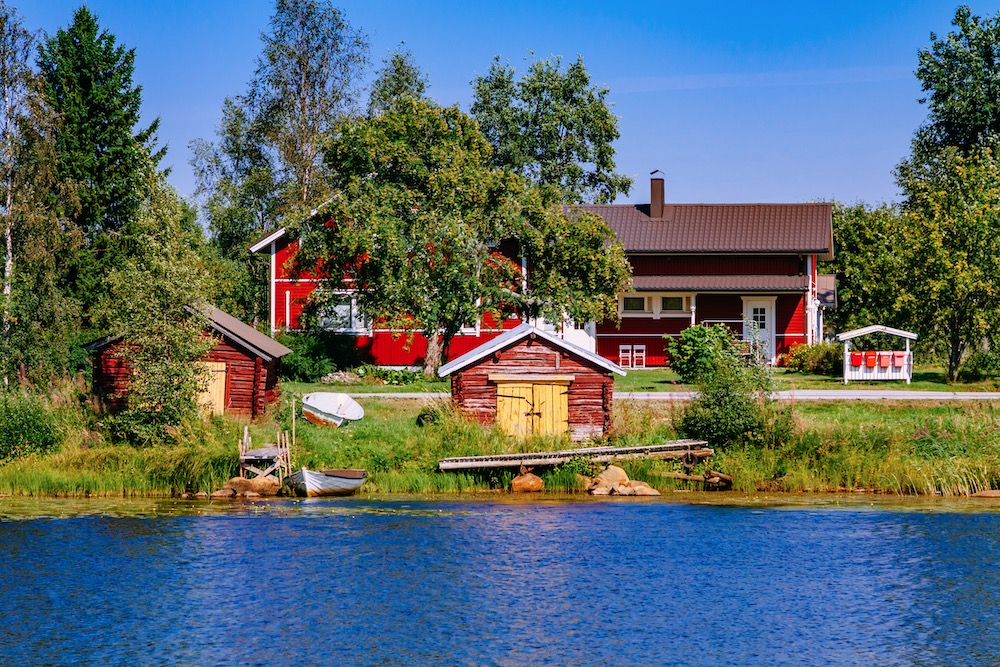
Airbnb is a popular way to both rent out and rent accommodation all over the world, including Sweden. Especially in these times when many people are facing financial struggles, renting through Airbnb can be a way to earn a little extra money. But before you post an ad about renting out your home, it’s important to be aware of the laws and regulations that apply.
1. What kind of home you have makes a difference when renting out through Airbnb
If you live in a house, you won’t need a permit to rent out through Airbnb. The same applies if you only want to rent out one room in your apartment. Then the same rules apply as when you have a boarder in your apartment. For example, you have to live in the apartment yourself during the periods when someone rents the room.
However, if you want to rent out your entire apartment, you have to have a permit to sublet the apartment to do so. For condominiums, you’ll need a permit from the condominium association. And for rental apartments, it’s instead your landlord that you need to get a permit from.
2. You may have to pay taxes and VAT when renting out through Airbnb
Whether you have to pay tax or not depends on a number of factors. In part, the rules are different depending on whether you rent out a house, condominium or a rental apartment. And in part, it makes a difference how much money you rent out your home for. If you rent out your private home for more than SEK 40,000 per year, you may have to pay tax. Then you’ll have to pay 30 percent of the surplus you get after renting out your home. In addition, you may also have to pay VAT if you rent out the home furnished and in a manner similar to hotel operations.
3. Will you be handling personal data?
When renting out through Airbnb, you need to be aware of and comply with the GDPR. GDPR is the EU’s data protection regulation and it regulates how personal data must be handled. It’s important to bear in mind that personal data counts as all information that in some way has a connection to you as a person, whether directly or indirectly. It can be anything from your name, address, telephone number and social security number to email addresses with your name, ID card number and even your IP address. Even images, videos and audio recordings that can be linked to specific individuals are considered as personal data.
When you rent through Airbnb, you may only ask for other people’s personal data if it’s necessary and only for the purpose of managing bookings. For example, you may not ask guests to use third-party websites to review your accommodation or to open website accounts. You’re also not allowed to market your accommodation after the guests stay.
